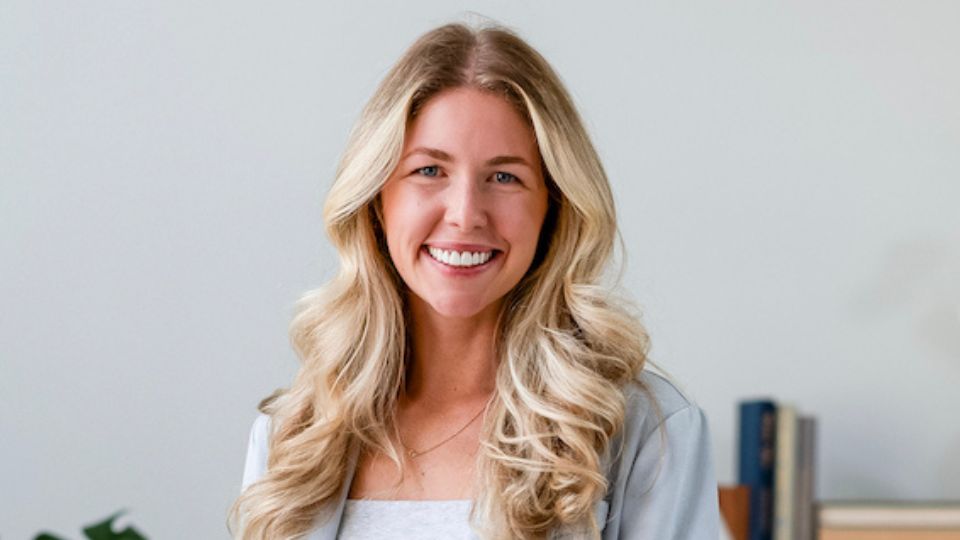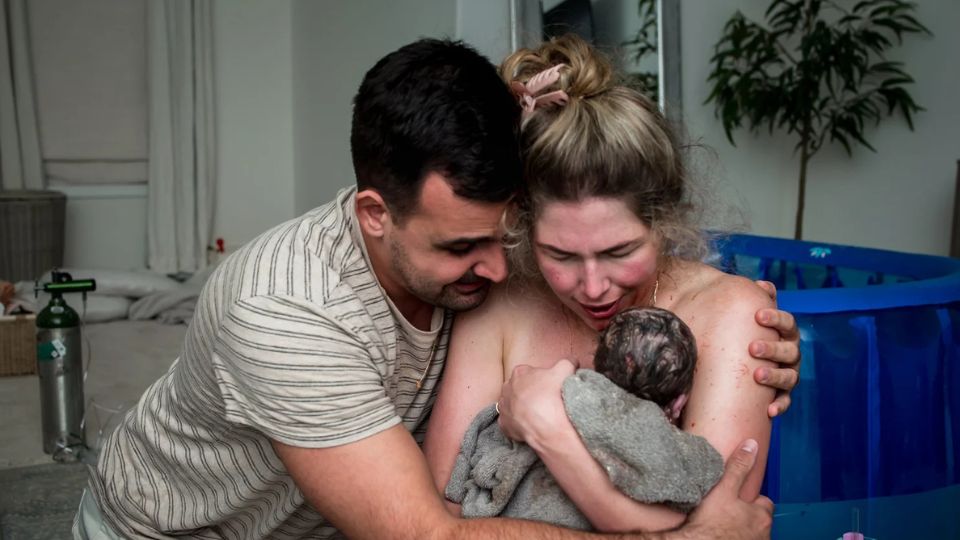How often do you find yourself motivated to make change, like starting therapy or a workout routine? You start your journey toward being consistent at whatever that thing is, and it’s going amazing. You’re feeling good, you’re seeing changes. Then, all of a sudden you feel stuck and resistant to keep going. The motivation you had to wake up every morning and get out the door to work out has suddenly diminished, and it feels impossible to dig yourself out of that feeling and go to the gym anyway. What is up with that, and how do we stop letting ourselves sabotage our goals to better ourselves?
At the root of all of it is this idea of resistance. Resistance, a term often heard in therapeutic spaces, holds immense power over our lives, shaping our actions and influencing our decisions. Let’s unravel the layers of resistance together, look at how it’s manifesting and how we can break free from it.
What is resistance?
Resistance, in its simplest form, can be described as a reluctance or hesitation to move forward. It creates barriers, halting progress and hindering growth. Whether it shows up as procrastination, defensiveness, or a sudden abandonment of goals, resistance has a profound impact on our lives, both personally and professionally.
In mental health counseling, resistance often emerges when clients reach a point of discomfort or fear. It manifests as a reluctance to delve deeper into their emotions or confront underlying issues. This resistance can lead to a cycle of keeping us stagnant, where internal barriers hinder progress. This is where you might find yourself suddenly canceling appointments or just outright ghosting your therapist.
But resistance is not confined to therapy sessions; it permeates every aspect of our lives. It shows up in our relationships, our habits, and our daily routines. From the reluctance to exercise regularly to the fear of vulnerability in relationships, resistance exerts its influence in so many ways.
Where does resistance come from?
Where does this resistance come from? At its core are our limiting core beliefs—deep-seated convictions about ourselves that shape our thoughts, feelings, and behaviors. These beliefs, often formed in childhood, act as the foundation upon which our actions are built. Whether it's the belief that we're unworthy of love or incapable of change, these limiting beliefs dictate our responses to the world around us.
Living in a culture that values busyness and productivity, we often find ourselves on autopilot, navigating life without conscious awareness. Did you know that we are typically living 90% of our lives on autopilot?! We find ourselves avoiding discomfort and awkwardness, so we get into habits to help us avoid all of the things we don’t want to feel. In turn, we are missing out on so much of our lives. True liberation lies in breaking free from this cycle of unconscious living. By cultivating mindfulness and embracing consciousness, we can begin to challenge our limiting beliefs and rewrite the script of our lives.
How can we practice conscious living?
Conscious living involves tuning into our thoughts, emotions, and sensations, cultivating a deep awareness of the present moment. Through practices like mindfulness meditation and daily check-ins, we can develop the muscle of consciousness, gradually becoming attuned to the inner workings of our minds.
Consciousness alone is not enough; it requires action. By recognizing our patterns of resistance and making conscious choices, we can begin to dismantle the barriers that hold us back. Whether it's choosing to go to the gym despite feelings of fatigue or beginning couples counseling with our partners, every conscious choice brings us one step closer to freedom.
Breaking free from resistance requires courage and vulnerability. It means facing our fears head-on and embracing the discomfort that comes with change. But in doing so, we open ourselves up to a world of possibility, where growth and transformation are within reach.
As we move towards conscious living, let us remember that change is not linear. There will be setbacks and challenges along the way, but each obstacle presents an opportunity for growth. By staying committed to our path and remaining conscious of our choices, we can overcome resistance and step into a life of purpose and fulfillment.
Armed with awareness and determination, let us confront our resistance and embrace the transformative power of conscious living. For in the depths of our resistance lies the key to unlocking our true potential.
If you resonate with this blog and need support, one of our mental health counselors is here to help. We provide individual counseling in Georgia, Florida and Pennsylvania virtually, with office locations in Buford, GA and Peachtree City, GA. Book a free consultation with us today!
Want to hear more about how you can start living consciously? Listen to our podcast episode.




